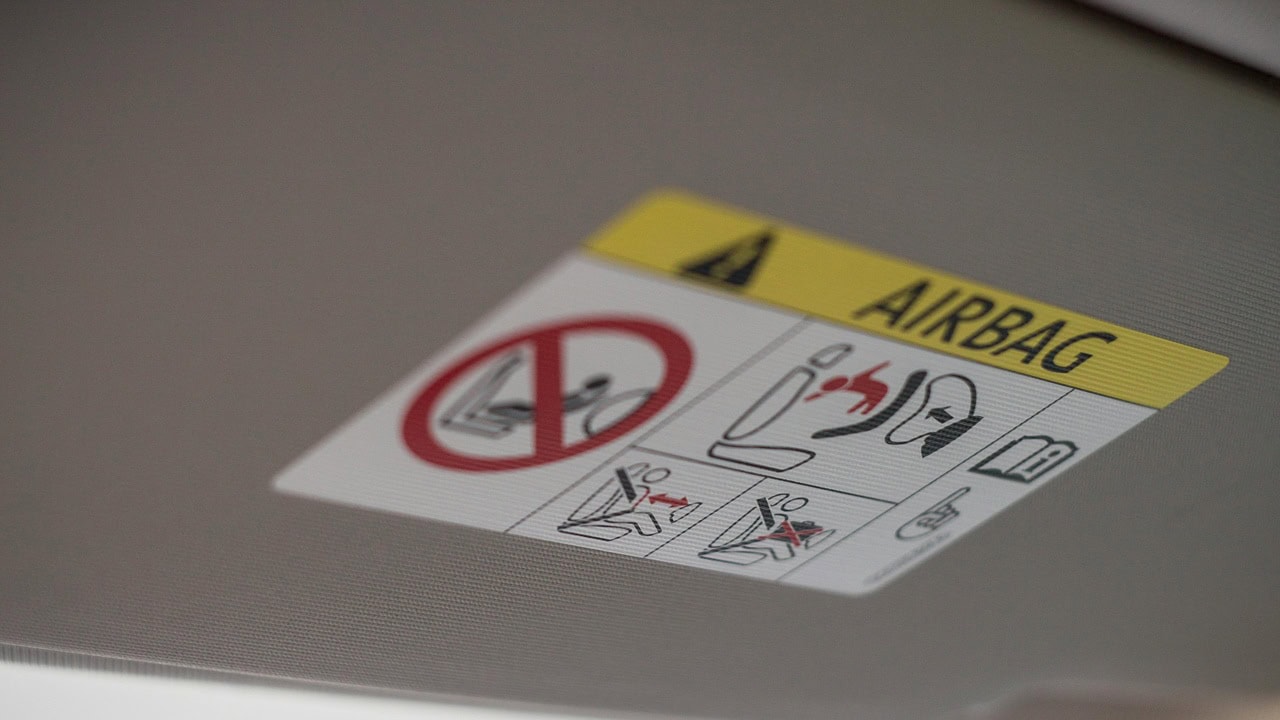The Engineering Development Board (EDB) has issued fresh notifications introducing strict safety, quality, and environmental standards for imported vehicles less than five years old as well as locally assembled cars, in a move aimed at safeguarding consumers and ensuring transparency in the auto sector.
According to the notifications shared with the Ministry of Commerce and the Federal Board of Revenue (FBR), the EDB has laid down more than four dozen conditions for both commercial importers of used vehicles and local assemblers.
Conditions for Commercial Import of Used Vehicles
- Only companies registered under the Companies Act, 2017 with vehicle import as their principal line of business will be eligible.
- A minimum capital requirement will be determined by the Federal Cabinet based on the company’s intended scale of operations.
- Imports must be conducted through regular banking channels, with complete record-keeping for transparency.
- Importers must establish a robust after-sales service network, ensuring the availability of spare parts for the entire useful life of the imported vehicle.
- Every vehicle must carry a pre-shipment inspection certificate from accredited bodies such as JAAI, JEVIC, KTL, or CAERI, confirming compliance with approved standards.
- The certificate must verify:
- No accident history.
- Odometer has not been tampered with.
- Clean interior and exterior, free from major dents or damage.
- Engine is sound, with exhaust emissions and noise within permissible limits.
- Windshield and glass are free of cracks or breakage.
- Vehicle is roadworthy, equipped with airbags, and has a verified manufacturing date.
- To address emerging issues, EDB may add further certification requirements.
- Additionally, all used vehicles will be subject to a third-party post-shipment inspection in Pakistan, at the cost of the importer.
Standards for Locally Assembled Vehicles
The EDB has also clarified that UNECE WP29 Regulations already apply to all categories of vehicles manufactured or assembled in Pakistan under SRO 656 (1)/2006. These include:
- Braking systems for cars, trucks, and buses (Reg. 13, 13H).
- Seat belt anchorages, restraint systems, and child restraint standards (Reg. 14, 16).
- Requirements for seats, head restraints, and their anchorages (Reg. 17, 25).
- Protection against unauthorized use of vehicles (Reg. 18).
- Pneumatic tyres, safety glazing, mirrors, and lighting devices (Reg. 30, 43, 46, 48).
- Steering equipment (Reg. 79).
- Crash protection in frontal, lateral, and pole-side collisions (Reg. 94, 95, 135).
- Airbag modules and replacement systems (Reg. 114).
- Identification of controls, tell-tales, and indicators (Reg. 121).
Read More: Govt Officially Allows Commercial Import of Used Cars
The new framework significantly raises the bar for both importers and local assemblers, ensuring that only companies with strong compliance mechanisms and financial strength can bring vehicles into the country.









